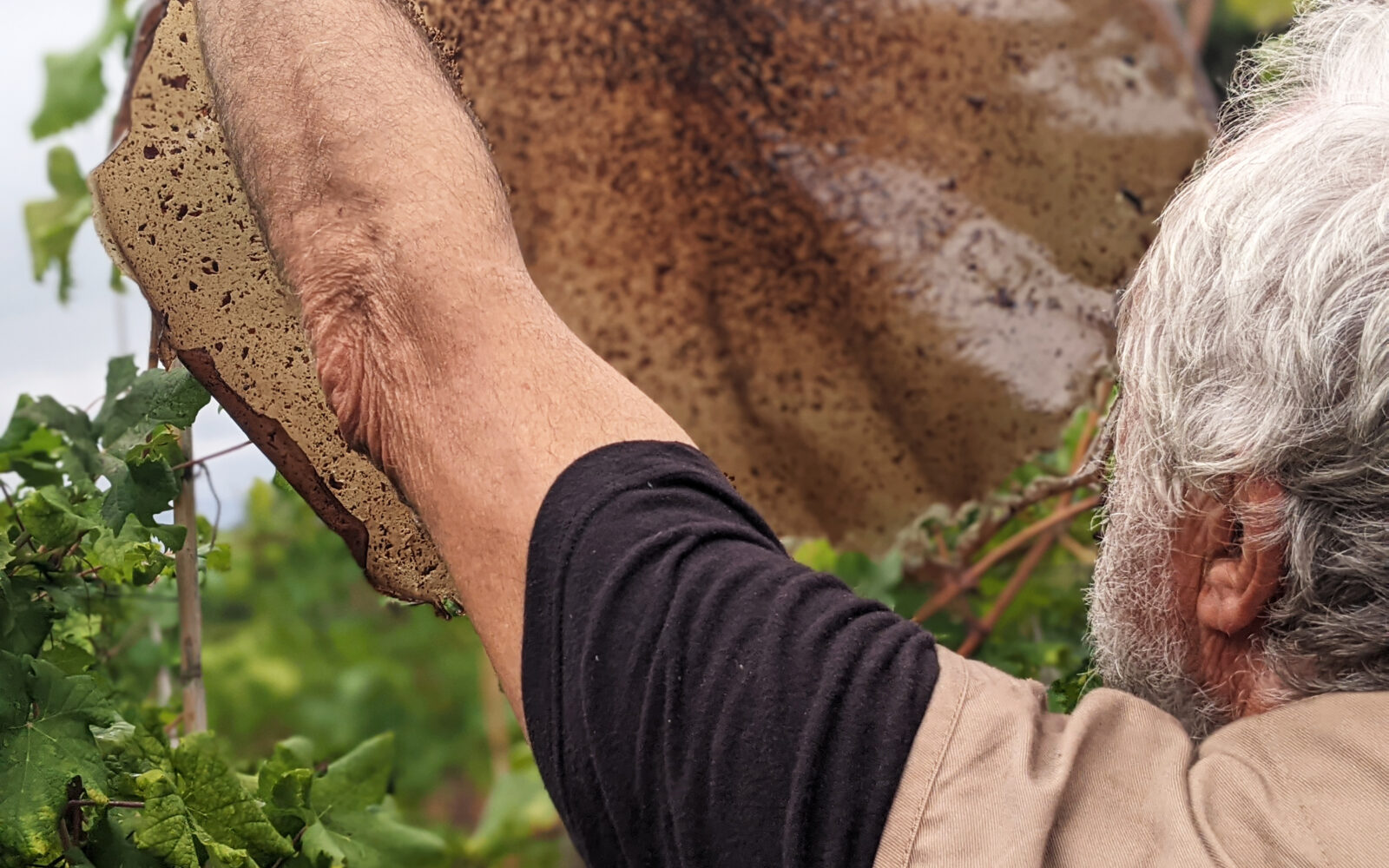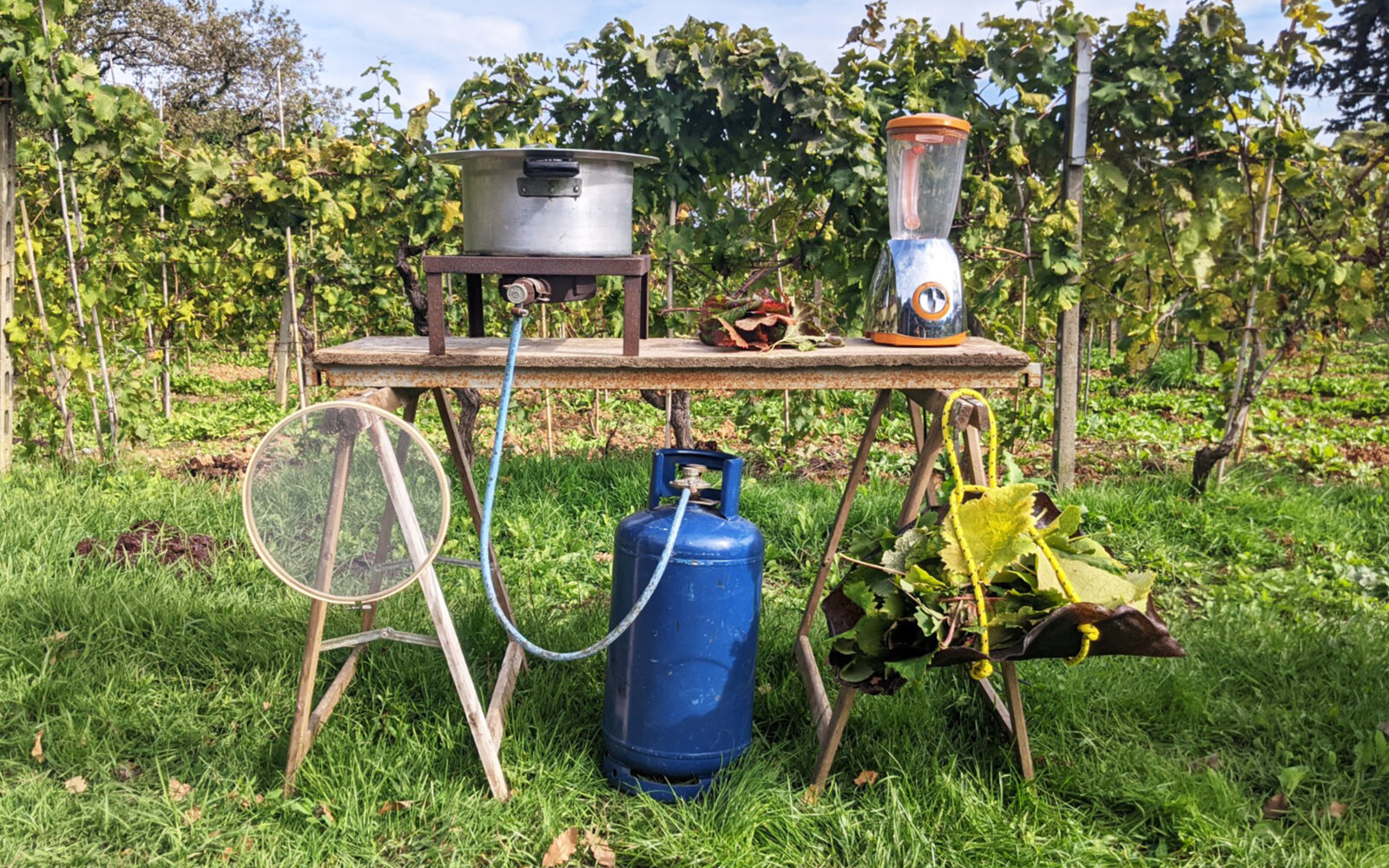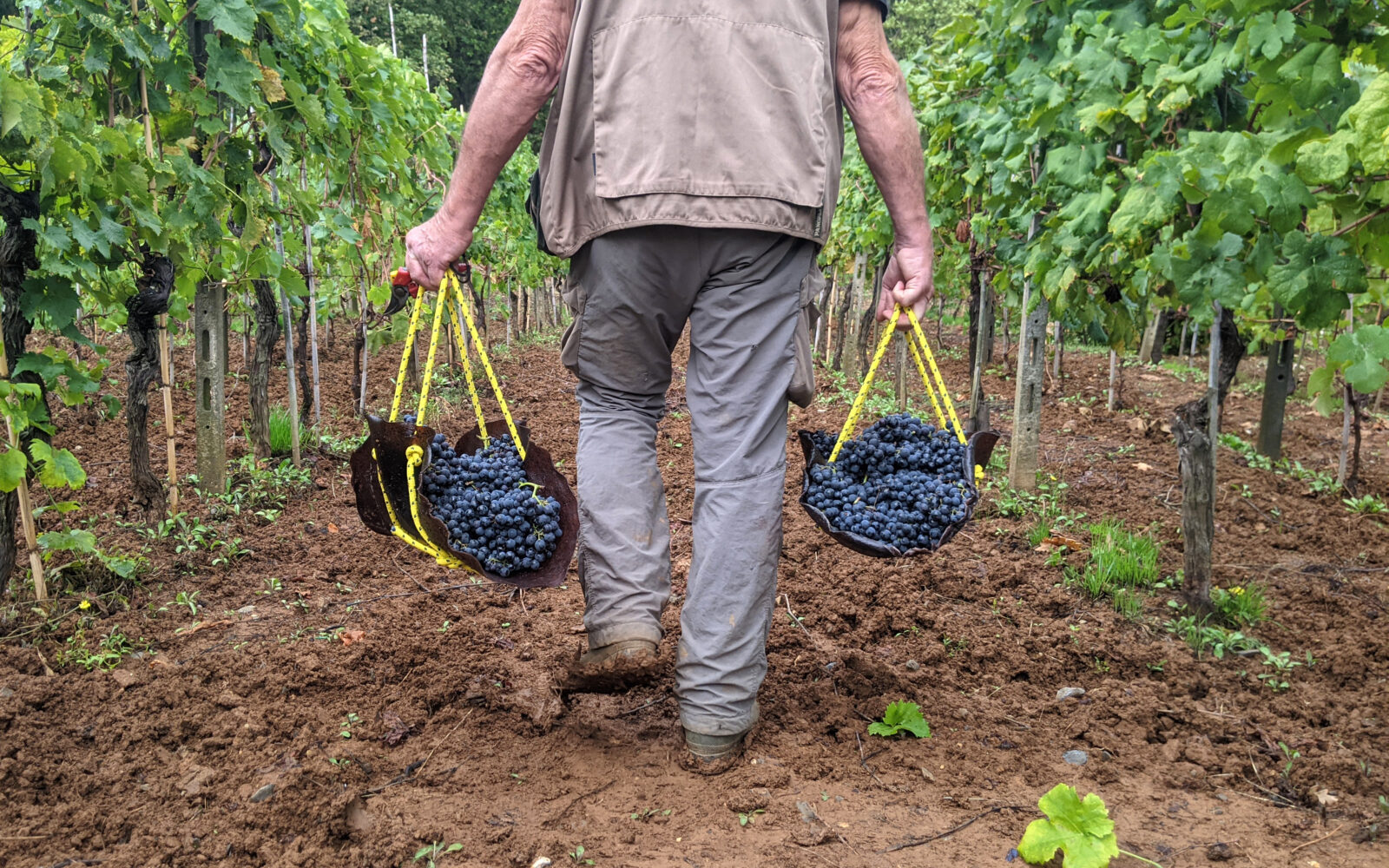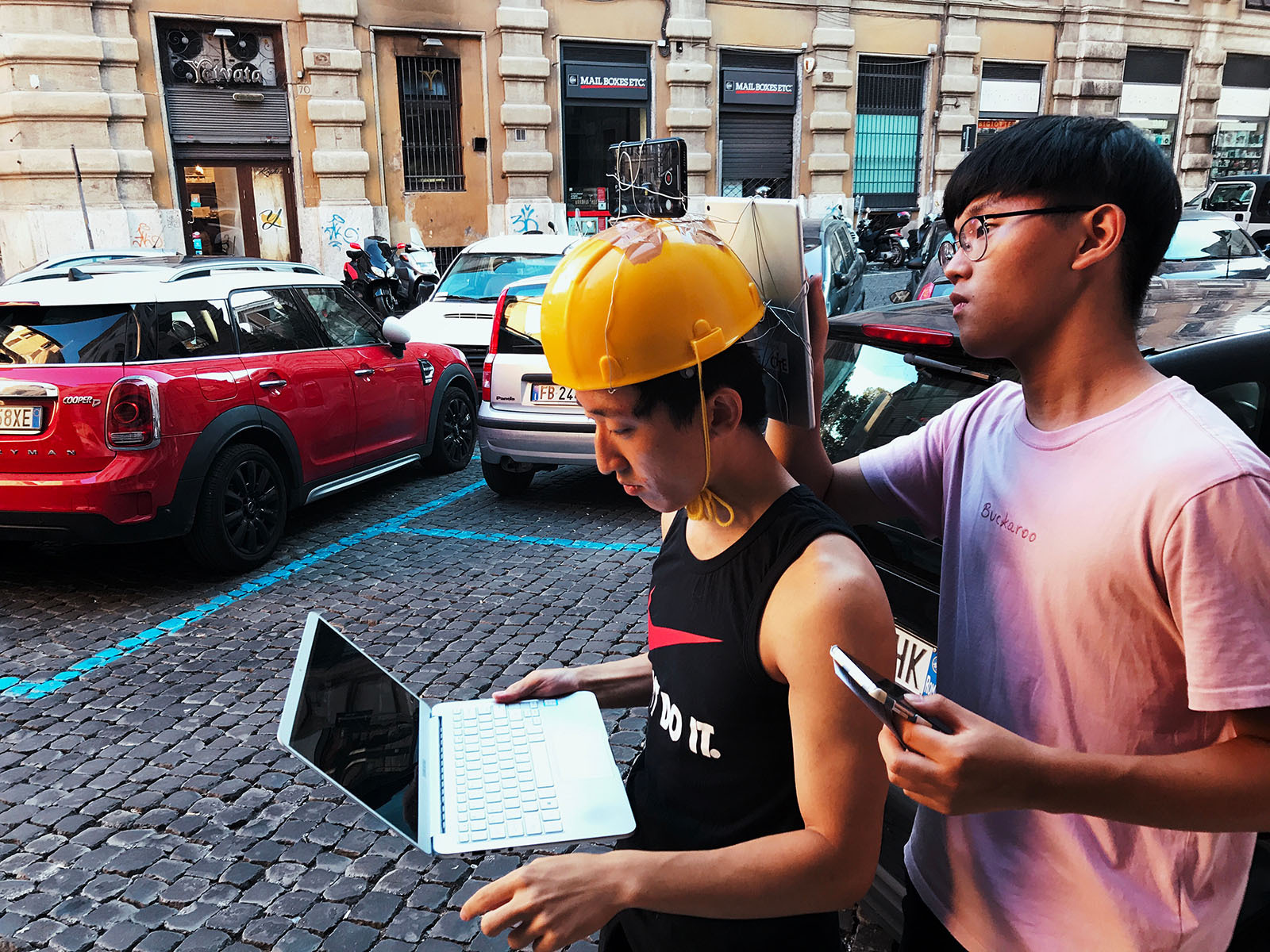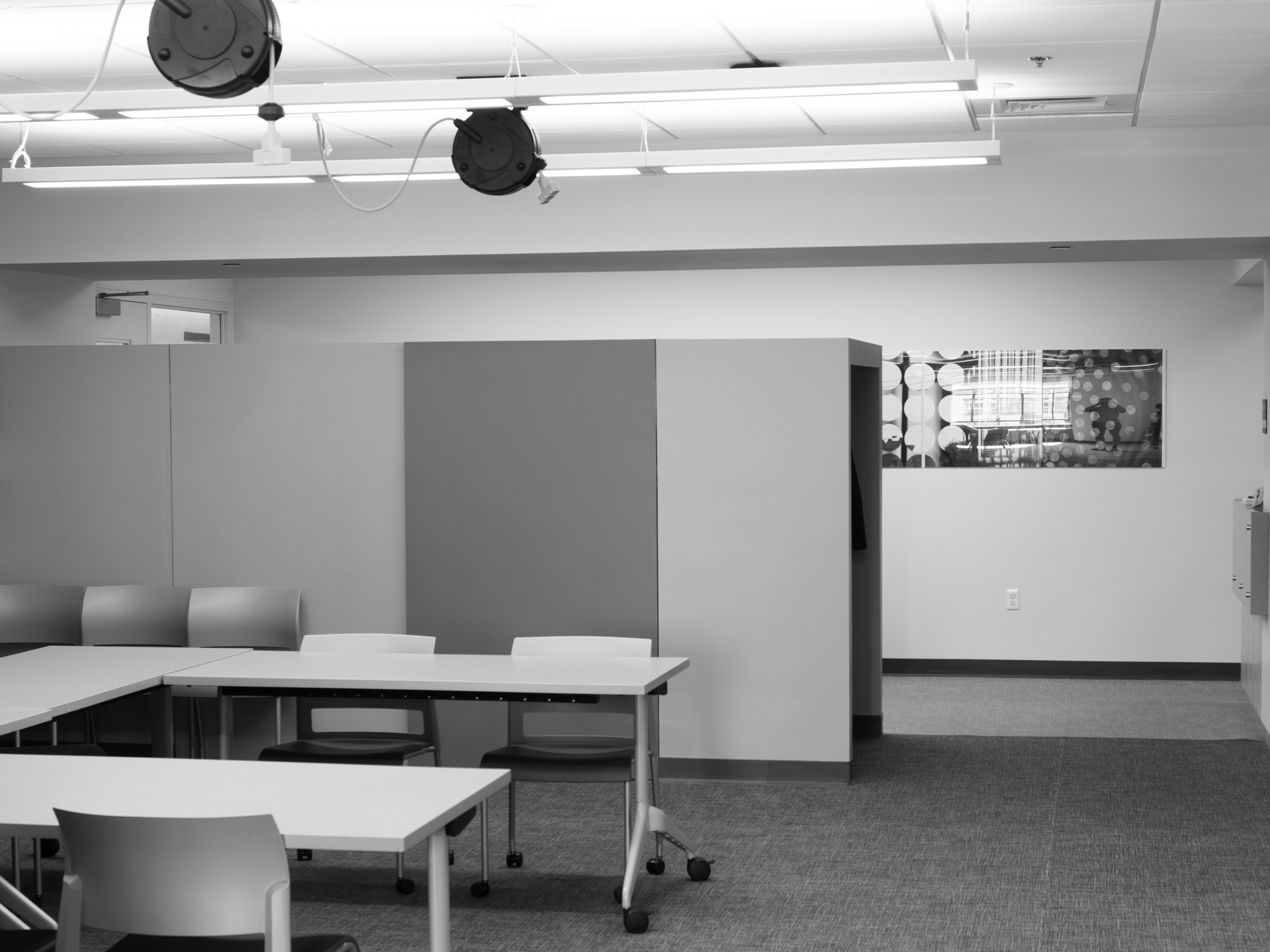Background Information
Cinque Terre
The Cinque Terre, Italian for “five lands/towns”, is a string of five fishing villages perched high on the Italian Riviera in the region Liguria, which until recently were linked only by mule tracks and accessible only by rail or water. An ancient system of footpaths is still the best way to visit the five villages: Monterosso, Vernazza, Corniglia, Manarola, and Riomaggiore. The district, part of the
Cinque Terre National Park and Marine Protected Area, represent one of the most pristine and renowned Mediterranean natural wonders. This is due to mainly historical and geomorphological reasons that have prevented an excessive building expansion and the construction of further main roads. The activities practiced by man for centuries, and especially viticulture, have contributed to creating a unique landscape in the world, named since 1997 UNESCO World Heritage Site.
Endemic & Endogenous
To facilitate the passage from a design’s problematic past to a brighter responsible future and switch to a better and more sustainable scale-weight paradigm, we should look at the biological terms endogenous and endemic as principles for just design practices. Endemic generically defines something “native”; in the case of diseases, for instance, is about their persistence in a particular geographical area or human population while spices can refer to their unique presence in one region and nowhere else in the world. The term Endogenous, which is generally defined as “from within”, describes what is produced or found within living organisms like, for example, hormones, genes or viruses but it can also refer to the specific characteristic of a place as far as topography, climate or geography.
In the world of materials for design, in the last 10 years, there has been the birth of practices that have favored the development of materials that we could also describe as endemic and endogenous. In fact, the DIY-Materials, defined as the self-produced materials of the designers themselves for reasons linked to the sustainability of the solution and for the research for innovation, can be consistent with the best and most sustainable scale-weight- time paradigm. Often the DIY ingredients, which are then the object of experimentation and tinkering of the self-production approach, are endemic because they persist in a particular geographical area. Self-produced materials are also endogenous because the specific characteristics of a place influence their development in terms of topography, climate or geography.
